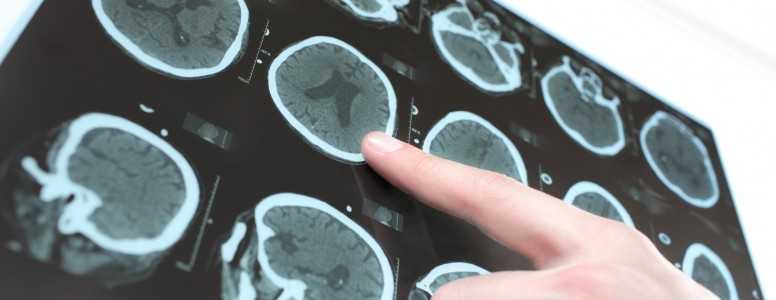A compound in green tea could reduce the development of insulin resistance and obesity, according to new research.
The beverage was also shown to improve learning and memory loss, with scientists reporting this is the first evidence that green tea can improve cognitive function following a high-calorie, high-sugar (HCHS) diet.
Green tea has long been known to have health benefits, including improved insulin sensitivity for people with type 2 diabetes. This new study sought to examine the effects of green tea not just on insulin resistance but also cognitive disorders, such as memory loss, which have been associated with poor diet.
Scientists from the College of Food Science and Engineering at Northwest A&F University in China studied three groups of mice for 16 weeks. Each group followed a different diet: high-calorie, high-sugar (HCHS); HCHS with a green tea compound called epigallocatechin gallate (EGCG); or a standard diet.
Those in the HCHS group gained the most weight, while weight gain was less severe among the mice supplemented with EGCG. The green tea compound group also experienced less insulin resistance.
Then the researchers assessed the memory of the mice through a navigation task where their ability to find an escape platform was studied.
The HCHS-only diet group were repeatedly slower at finding the escape platform than the EGCG-supplemented group. The compound group also took a shorter path to find it.
Then the platform was removed, and the mice were tested to see how long they remained in the “target quadrant”, where the platform used to be. Again, the EGCG group spent longer in this quadrant, indicating better memory function.
“To our knowledge, this study is the first to provide compelling evidence that the nutritional compound EGCG has the potential to ameliorate HFFD-triggered learning and memory loss,” wrote the authors.
Human trials are needed to validate these findings, but the researchers believe green tea’s potency for improved brain function could provide a fascinating new research avenue.
The study has been published in the FASEB journal.






